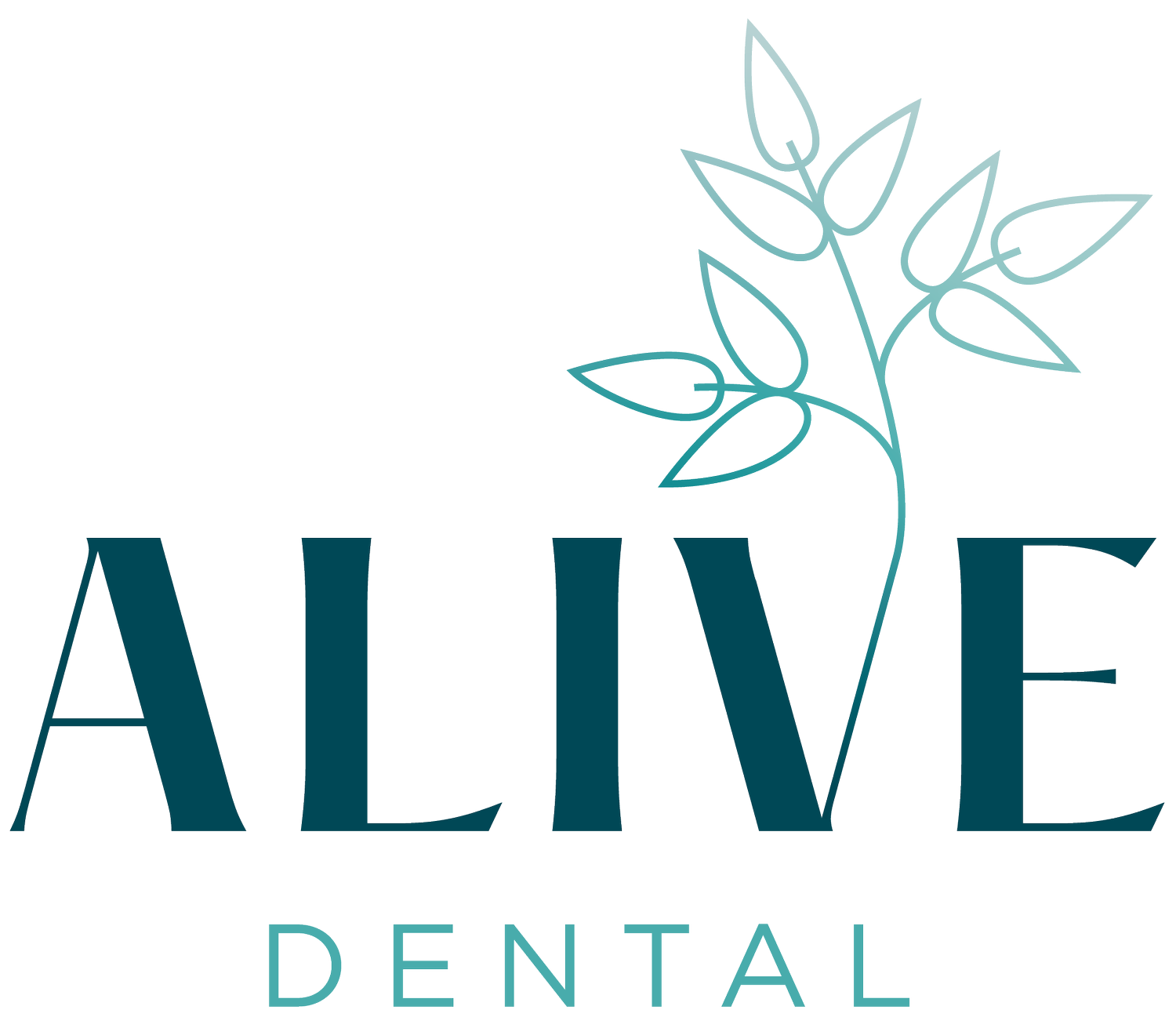The Connection Between Stress and Oral Health
April is Stress and Oral Cancer Awareness Month—two important reminders of the deep connection between oral health and overall well-being. Stress isn’t just a mental burden; it impacts healing, immune function, and even the health of your teeth and gums. Managing stress effectively can improve oral health, reduce inflammation, and support healing after dental treatments.
The Impact of Stress on Oral Health
Chronic stress keeps the body in fight-or-flight mode, leading to increased production of cortisol and other stress hormones. Over time, this prolonged activation can result in:
Inflammation & Gum Disease – High stress levels can worsen inflammatory conditions like periodontal (gum) disease, which, if left untreated, may lead to tooth loss and contribute to other systemic health issues.
Weakened Immune System – Stress suppresses the immune system, making it harder to fight infections, including oral infections and cavities.
Delayed Healing – Whether recovering from a dental procedure or dealing with an infection, stress can slow the healing process and increase discomfort.
In other words, if stress is not controlled, it can make you more prone to acute illness (infections, seasonal sickness) and chronic health issues (cancer, autoimmunity). Controlling stress is an important component of disease prevention.
The Connection Between Stress and Oral Cancer
Research shows that chronic stress contributes to inflammation, which plays a role in the development of oral cancer. Head and neck cancers, including oral squamous cell carcinoma, make up approximately 4.5% of all cancer cases and deaths worldwide, with nearly 890,000 new cases and 450,000 deaths each year. (Source: PMC)
Additionally, certain oral bacteria, such as Fusobacterium nucleatum, are found in higher concentrations in colorectal cancer, esophageal cancer, pancreatic cancer, and oral cancer tissues. This bacterium is associated with chronic inflammation and immune system evasion, which may contribute to cancer progression.
Risk factors for oral cancer include tobacco and alcohol use, HPV infection, chronic inflammation, and poor oral hygiene.
Oral cancer is most commonly found in the tongue, floor of the mouth, soft palate, and lips. Regular oral cancer screenings are essential for early detection and improved treatment outcomes.
How to Manage Stress for Better Oral Health
Stress comes in many forms—physical (infections & disease), mental/emotional, and environmental (toxins, noise, etc.). Managing it effectively can benefit both oral and overall health. Some strategies to consider:
Support Your Body: Prioritize nutrient-dense foods, hydration, and quality sleep to help your body handle stress more efficiently.
Practice Relaxation Techniques: Deep breathing, meditation, and mindfulness can shift your nervous system into a more balanced, healing state.
Minimize Toxin Exposure: Reducing exposure to environmental toxins and inflammatory foods can decrease the burden on the immune system.
The Role of a Dentist in Managing Stress and Healing
Why should a dentist care about stress and your oral health? Because creating a calm, stress-free experience at the dentist is an essential part of setting the stage for healing. At Alive Dental, we help with the physical stressors and are cognizant of controlling the emotional stress that often accompanies dental treatment. A relaxing atmosphere, warm neck wraps, blankets, and gentle care can make a significant difference in how the body responds during and after dental treatment.
Reducing stress isn’t just about feeling better—it’s about creating the best conditions for healing, prevention, and long-term health. If it’s been a while since your last dental visit or you’re interested in a more holistic approach to oral health, now is a great time to prioritize your well-being.

